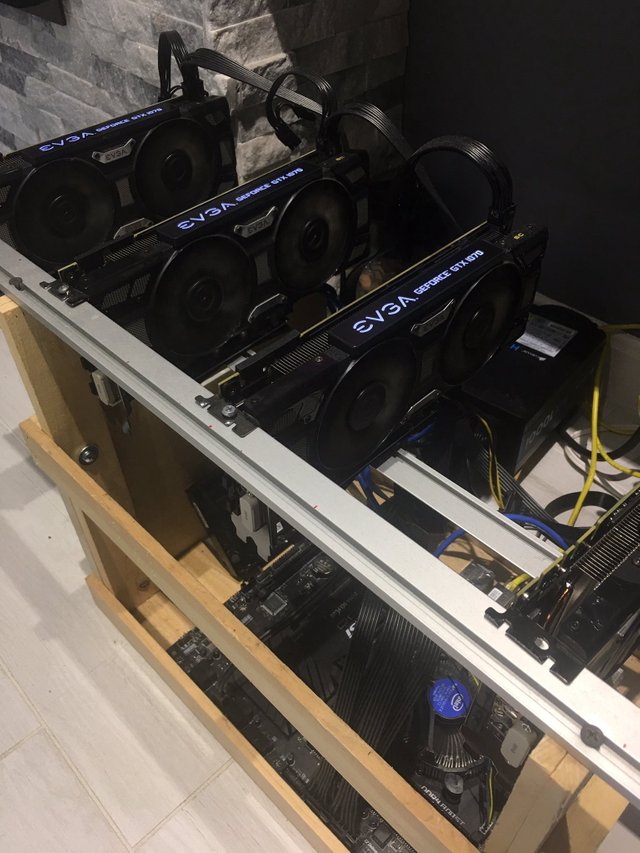A few months ago I stumbled upon a cryptocurrency mining tutorial. I had an old gaming PC laying around with a functioning CPU, Hard Drive and RAM. So I ordered 4 gaming graphics cards, a new motherboard, and a power source from Newegg to assemble my very own $ETH mining rig pushing 125 Million hash solution per second. I am proud to say: I didn’t buy my first crypto, I earned it by contributing to the network.

Thinking back, getting started with mining was probably the best way to understand how blockchains help us achieve trust in the digital age. Trust in business is the expectation that the other party will behave according to the four principles of integrity:1. Honesty — no lying through omission.2. Consideration — fair exchange.3. Accountability — accountable for broken promises.4. Transparency — operating in the open.
Double-entry accounting.
When Luca Pacioli introduced the double-entry accounting system in 15th century he revolutionized the field of financial accounting during the Renaissance period — it solved the problem of managers knowing whether they could trust their own books. However, to gain the trust of outsiders, independent public auditors needed to verify the information. All 4 principles of integrity couldn’t be satisfied by just one party. Today we still rely on independent authorities to help us trust each other.
Blockchains.
When Satoshi Nakamoto introduced the blockchain technology with Bitcoin in 2008, he solved what Luca missed in his system — gaining trust of outsiders during an exchange of value without relying on independent public auditors. By designing incentive structures that use a combination of cryptography, economics and game theory, blockchains help us satisfy all 4 principles of integrity without relying on banks, independent auditors and powerful corporations. Everyone is responsible for maintaining and securing the ledger. Here is a great video on how it actually works under the hood: https://youtu.be/bBC-nXj3Ng4
Countries use money to incentivize citizens to build roads, houses, etc., blockchains use coins to incentivize you to contribute to the network. Blockchains pay in their own coins, not dollars because a coin acts as a unit of account to track the work contributed and different blockchains demand different work. Ethereum pays for executing operations, Filecoin for storing data and Orchid for providing bandwith. Blockchains need coins just like markets need money.Starting with hardware helped me realize what Ethereum is — a network of connected mining rigs that are incentivized to run operations by end users — users sending ETH/executing Smart Contracts and pay mining fees. As I connected to the network and started helping execute operations, the network rewarded me with Ether which was deposited into my digital wallet. I can choose to convert my ETH to USD or other crypto or just HODL it. Going through these steps definitely helps you feel out the process. It’s kind of like playing soccer: you can read about it all you want but until you actually hit the field, you will never know how to play.Are you new to crypto? Go dust off your old PC and understand the fundamentals before you gamble away your life savings.Sources to get started:
Hi! I am a robot. I just upvoted you! I found similar content that readers might be interested in:
https://medium.com/@Nodar/dont-buy-your-first-crypto-earn-it-8d2807f27a3a
Downvoting a post can decrease pending rewards and make it less visible. Common reasons:
Submit